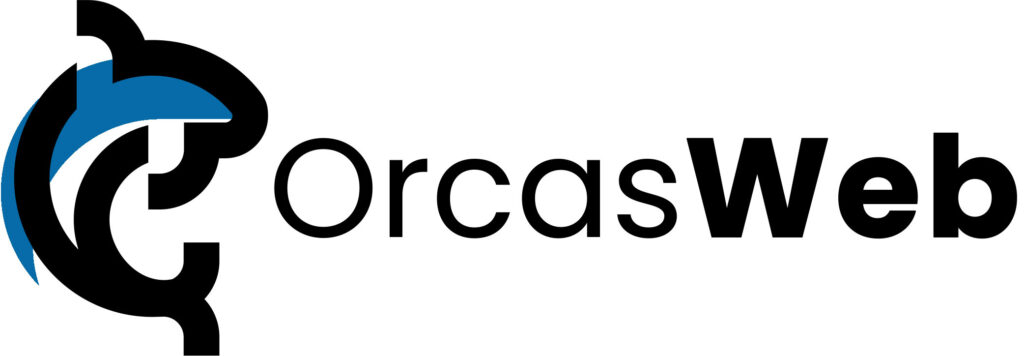The operation of the modern Internet is absolutely amazing when you think about all the nuances that contribute to it. Some estimates state that the average internet user accesses 89 websites per month all with a few taps of the keyboard or mouse button. How do all these devices know where to go when you type a web address into the browser’s search bar, and where does Google find out what sites its search engine is getting data from? The answer to such questions is a universal database called the DNS.
WHAT IS DNS?
DNS stands for Domain Name System, and it is basically a registry or phone book of every domain name in the internet. The DNS records the creation of domain names and what IP addresses are associated with those domains. When you tell your browser to bring up a website, your computer asks the DNS what IP address it needs to find that website. When a domain changes its assigned IP address, the DNS tells the rest of the internet about the change, ensuring users can continue to find it. The Domain Name System is a program and has no single identifiable point, the numerous servers that facilitate internet operations continually run the DNS to keep web traffic flowing.
What does Domain Name mean?
Most people know domain names as web addresses or website names. If a domain is the virtual tag that servers use to find specific web data, then the domain name is what you would type into your address bar, i.e. example.com. We know websites by domain names, our computers and the servers that support the internet know websites by their IP address. The DNS connects us with our machines by matching domain names with their associated IP addresses.
What is an IP Address?
An IP, or Internet Protocol, address is a number that is assigned to any device that is connected to a network through internet protocol software. Essentially it is how devices identify each other when they communicate through the internet. IP addresses change whenever a device ends its connection with a network, but the system that maintains a network always has a list of IP addresses that it assigns to any device that connects to it. Without an IP address that other devices can recognize, a device effectively does not exist on the internet.
Do I have to interact with these systems?
For the most part, the average user does not need to directly interact with DNS or Internet Protocol functions. These systems are monitored by official organizations throughout the world and perform their functions automatically. If you ever want to view DNS information related to your website then you can ask your hosting service to provide you with the appropriate statistics.

